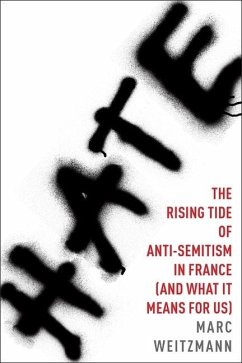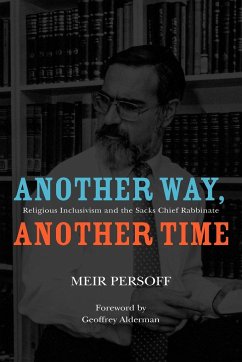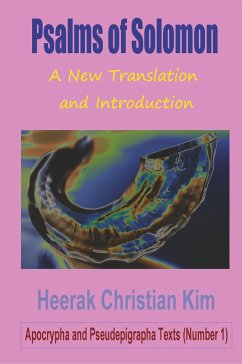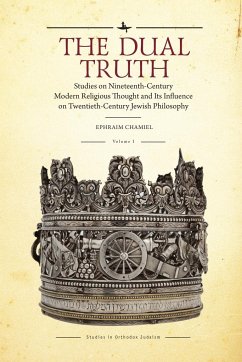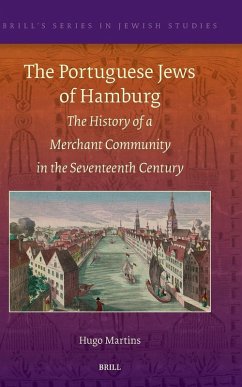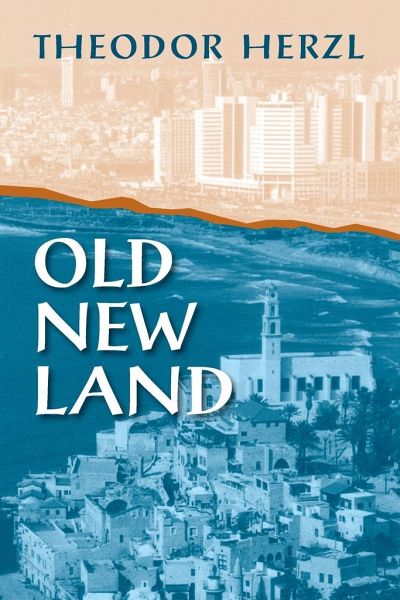
Old New Land
Versandkostenfrei!
Versandfertig in 1-2 Wochen
25,99 €
inkl. MwSt.
Weitere Ausgaben:

PAYBACK Punkte
13 °P sammeln!
Old New Land forever altered the face of the Middle East. The book was a nineteenth-century utopian blueprint for a modern state of Israel. There were Jewish settlers in Palestine, and Zionist ideas had existed in Eastern Europe before Herzl, but Herzl made Zionism into a cultural and political movement acceptable to Western governments and intellectuals. His prophecy at the end of this book became reality: "If you will it, it is not a fable." The author, founder of the Zionist movement, considered this utopian story his best literary work: an expression of his art, with a political message. H...
Old New Land forever altered the face of the Middle East. The book was a nineteenth-century utopian blueprint for a modern state of Israel. There were Jewish settlers in Palestine, and Zionist ideas had existed in Eastern Europe before Herzl, but Herzl made Zionism into a cultural and political movement acceptable to Western governments and intellectuals. His prophecy at the end of this book became reality: "If you will it, it is not a fable." The author, founder of the Zionist movement, considered this utopian story his best literary work: an expression of his art, with a political message. His biographer, Amos Elon, placed Old New Land "in the mainstream of fin-de-siècle art. Its pursuit of arcadian bliss within a mystic community and its haunted preoccupation with dreams recall Gustav Mahler's music."






